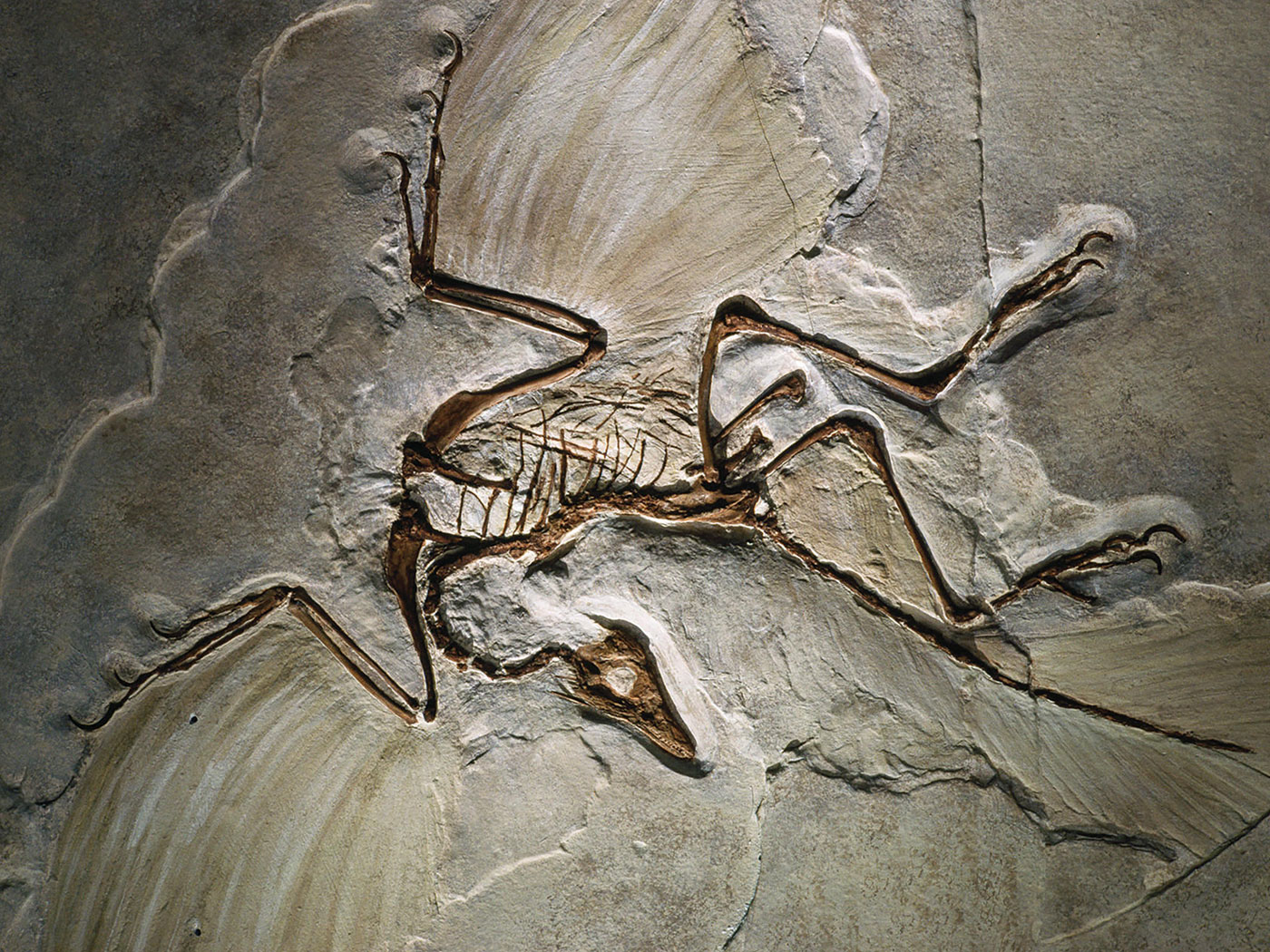"For thus saith the LORD that created the heavens; God himself that formed the earth and made it; he hath established it, he created it not in vain, he formed it to be inhabited: I am the LORD; and there is none else." (Isaiah 45:18)
This verse is the key proof-text for the "gap theory," which attempts to accommodate the evolutionary "ages" of geology by placing them in a hypothetical gap between the first two verses of Genesis. Genesis 1:2 states: "The earth was without form" (Hebrew, tohu), but Isaiah says, "he created it not in vain" (same word, tohu). Thus, it is argued that the earth became "tohu" long after the primeval creation, as a result of Satan's rebellion in heaven supposedly allowing the geological ages to be inserted between these two events.
Actually, the meaning of tohu is very flexible; it occurs 20 times and is translated 10 different ways, depending on context. In our text above, Isaiah was not writing about the initial state of the creation, but the purpose of the creation, that purpose being to provide a beautiful and appropriate home for mankind.
The translation "in vain" was required by Isaiah's context, just as "without form" best fits the context in Genesis 1:2. There is no conflict, since the two passages are dealing with two different subjects, and Isaiah's message simply extols God's ultimate and certain goal for His creation.
When God first created the space/time universe, only the basic elements of the earth (Genesis 1:1) were created, with neither structure nor inhabitant, but that was not its full purpose. God had merely "created" the heavens according to this verse. But then, with great care, He formed the earth, made the earth, and established the earth, and all this was done to make it ready to be inhabited by men and women who would share His image and know His love. HMM






















